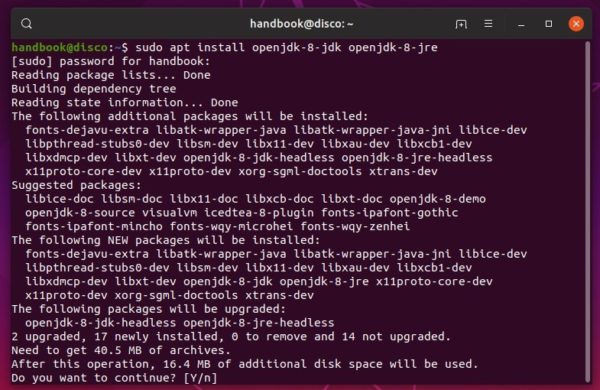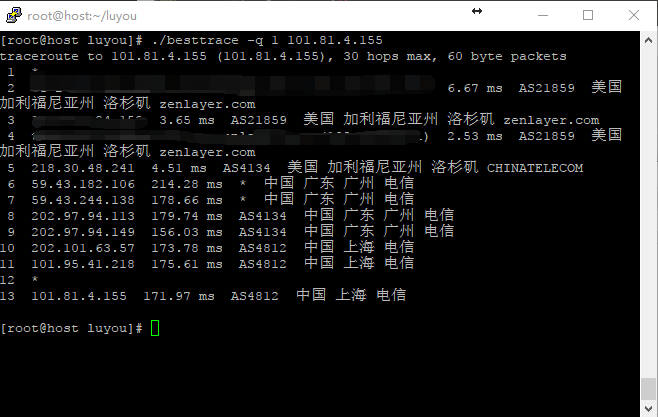

- #Unable to locate package openjdk 8 jre install
- #Unable to locate package openjdk 8 jre update
- #Unable to locate package openjdk 8 jre upgrade
- #Unable to locate package openjdk 8 jre download

Java SE 1.2 – Installed to C:\jdk1.2.2\ and C:\Program Files (x86)\JavaSoft\JRE\1.2\ by default – I recommend changing this to C:\Program Files (x86)\Java\jdk1.2.2\ and C:\Program Files (x86)\Java\jre1.2.2\ for the sake of clarity.
#Unable to locate package openjdk 8 jre install
#Unable to locate package openjdk 8 jre download
You can download and run the installer for each version, which automatically installs the versions in separate directories.

Installing multiple Java versions in parallel is incredibly easy in Windows. Let's go… Step 1: Installing Multiple Java Versions Thanks again.To enable these Java version change commands on your system as well, follow this step-by-step guide. Recommends: oracle-java8-set-default but it is not going to be installedĮ: Unable to correct problems, you have held broken packages.Īny help would be appreciated so much. Recommends: gsfonts-x11 but it is not installable Oracle-java8-installer : Depends: java-common (>= 0.24) but it is not installable The following packages have unmet dependencies: The following information may help to resolve the situation: Requested an impossible situation or if you are using the unstableĭistribution that some required packages have not yet been created
#Unable to locate package openjdk 8 jre update
Now, I get this when I try to update $ sudo apt-get install oracle-java8-installer I set everything up according to your getting started in 5 minutes guide first. I am having an issue when trying to follow the above directions. I love your site, it is so informative for someone like me who is installing their first Ubiquiti UniFis. Unfortunately it produces the same $ sudo apt-get update –fix-missing N: See apt-secure(8) manpage for repository creation and user configuration details. N: Data from such a repository can’t be authenticated and is therefore potentially dangerous to use. W: The repository ‘ trusty InRelease’ is not signed. W: GPG error: trusty InRelease: The following signatures couldn’t be verified because the public key is not available: NO_PUBKEY C2518248EEA14886 Unfortunately, I’m receiving the following message.
#Unable to locate package openjdk 8 jre upgrade
I’m trying to upgrade my Unifi Controller and noticed Java is out of date, so following the instructions on this page. If you have the Unifi Controller running on it, all you need to do is reboot the Pi (sudo reboot). Your Java Version on your Raspberry Pi should now be updated to the latest version. Remove the old Java version sudo apt-get purge openjdk*Ĭheck if we have the latest version of Java: java -version Sudo apt-get install oracle-java8-set-default Sudo apt-get install oracle-java8-installer Install the latest version of Java 8 sudo apt-get update First remove the OpenJDK: sudo apt-get purge openjdk*Īdd a digital key so we can authorize the repository sudo apt-key adv -recv-key -keyserver EEA14886Īdd the packet source sudo vim /etc/apt/sources.list Login to your PI with Putty or your preferred CLI (command-line interface) tool. So we need to add the correct repository manually to update Java. The problem is that the latest versions of Java aren’t available in the default repositories for Raspbian. So in this article, I am going to explain how you can update the Raspberry Pi Java version. Rasbian is shipped with an outdated version of Java and for the Unifi Controller, we need at least version 1.8.0_201.

All I got was a blank screen 🙁Īfter some digging around I noticed that Java needed to be updated. I couldn’t log in anymore on my Unifi Controller after updating the controller on my Raspberry Pi to version 5.10.12.


 0 kommentar(er)
0 kommentar(er)
